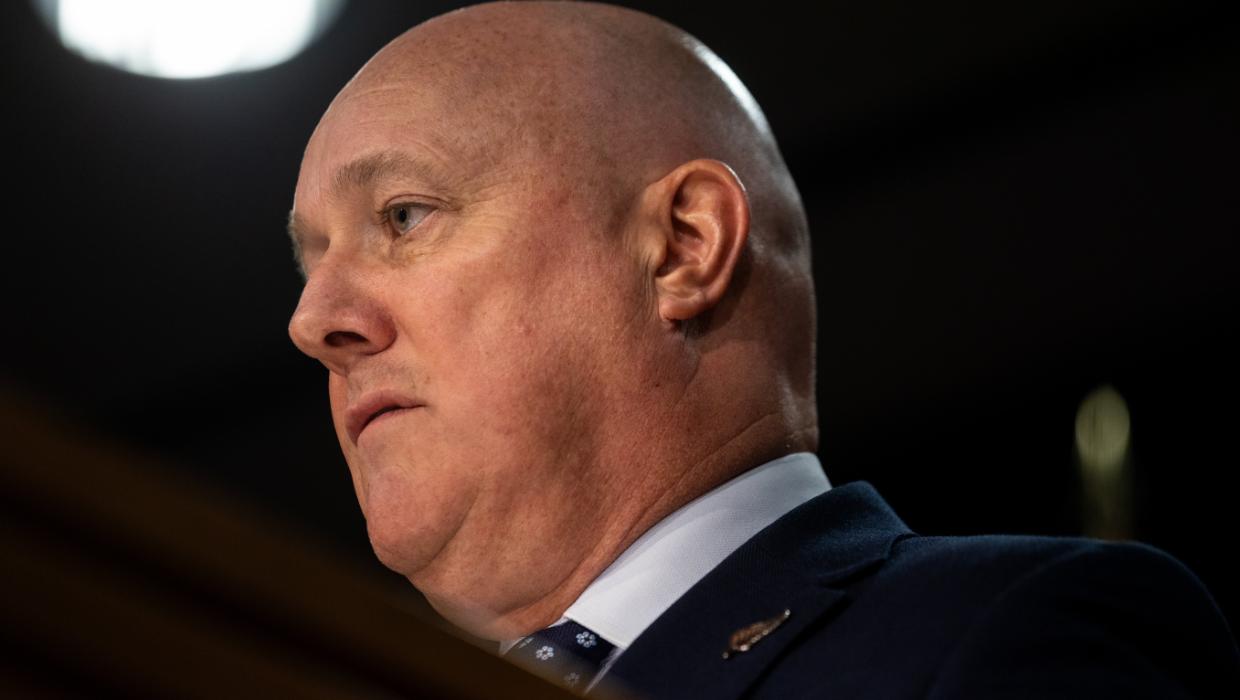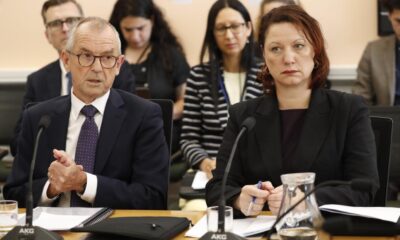Politics
National’s FamilyBoost Faces Scrutiny Ahead of 2026 Election

New Zealand’s National Party is grappling with the implications of its FamilyBoost policy, which offers families up to $250 per fortnight. This policy, presented during the recent election campaign, is now under scrutiny as the party prepares for the 2026 election. Critics argue that the scheme might become a financial burden, potentially haunting the party’s reputation and fiscal credibility.
The FamilyBoost initiative was designed to support families struggling with the rising cost of living. However, the New Zealand Treasury has raised concerns about the long-term sustainability of this financial aid. The treasury’s analysis indicates that without careful management, the policy could contribute to increased government spending, a point that Prime Minister Chris Luxon must address as he steers the party toward its future goals.
Opposition parties have seized on this opportunity to challenge the National Party’s fiscal responsibility. They argue that the FamilyBoost policy, while well-intentioned, lacks a clear funding strategy and could lead to a budget deficit. The potential backlash could intensify as the 2026 election approaches, prompting questions about the party’s ability to manage public funds effectively.
Supporters of the FamilyBoost initiative claim it is essential for families coping with economic pressures. They argue that providing immediate financial relief is crucial in a time of rising costs, especially in housing and essential goods. Advocates point out that the policy is a step towards addressing inequality and supporting vulnerable communities.
Yet, the ongoing debate highlights a broader issue within the National Party. Critics assert that the party needs to establish a more coherent economic strategy that addresses both immediate needs and long-term fiscal health. The challenge for the National Party is to balance these competing priorities while maintaining public support.
As the party navigates its path forward, it faces the reality that the FamilyBoost policy will likely remain a focal point in political discussions. The stakes are high, and the party must demonstrate its commitment to fiscal responsibility while continuing to advocate for families in need.
In summary, the future of FamilyBoost is uncertain, and its implications could resonate well into the next election cycle. National’s ability to address these challenges will be crucial as it seeks to maintain trust and credibility with voters. The political landscape in New Zealand is shifting, and how National responds to these challenges will define its future in the coming years.
-

 World2 weeks ago
World2 weeks agoPrivate Funeral Held for Dean Field and His Three Children
-

 Top Stories3 weeks ago
Top Stories3 weeks agoFuneral Planned for Field Siblings After Tragic House Fire
-

 Sports3 months ago
Sports3 months agoNetball New Zealand Stands Down Dame Noeline Taurua for Series
-

 Entertainment3 months ago
Entertainment3 months agoTributes Pour In for Lachlan Rofe, Reality Star, Dead at 47
-

 Entertainment2 months ago
Entertainment2 months agoNew ‘Maverick’ Chaser Joins Beat the Chasers Season Finale
-

 Sports3 months ago
Sports3 months agoSilver Ferns Legend Laura Langman Criticizes Team’s Attitude
-

 Sports1 month ago
Sports1 month agoEli Katoa Rushed to Hospital After Sideline Incident During Match
-

 World3 weeks ago
World3 weeks agoInvestigation Underway in Tragic Sanson House Fire Involving Family
-

 Politics2 months ago
Politics2 months agoNetball NZ Calls for Respect Amid Dame Taurua’s Standoff
-

 Top Stories3 weeks ago
Top Stories3 weeks agoShock and Grief Follow Tragic Family Deaths in New Zealand
-

 Entertainment4 months ago
Entertainment4 months agoKhloe Kardashian Embraces Innovative Stem Cell Therapy in Mexico
-

 World4 months ago
World4 months agoPolice Arrest Multiple Individuals During Funeral for Zain Taikato-Fox



















